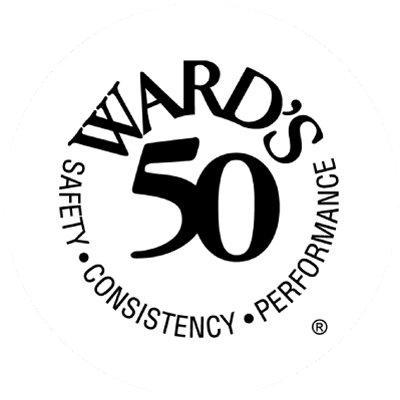Make sure all employees, particularly new employees, are properly trained and conduct frequent reviews with your staff about food safety basics, personal hygiene and cross-contamination to help keep your pizza shop rolling in the dough!
Cleanliness:
- During employee training and on-going inspections of your restaurant, look at two critical areas: hygiene and cross-contamination.
- It is imperative that all employees wash their hands thoroughly before preparing any food, after using the restroom, and after breaks. Hands should be washed well with soap and warm water for at least 20 seconds.
- While most people associate handwashing with the restroom, it’s equally important when food handlers are prepping products that pose a cross-contamination threat, such as raw meat and vegetables.
- All surfaces should be disinfected and cleaned on a regular basis, including all food prep areas, cutting boards, storage areas, utensils, equipment, trash cans, and even floor drains. Thorough cleaning not only removes food residue and dirt, but also germs from surfaces that may come in contact with food.
- Don’t let dirty bathrooms be the reason you lose business. Patrons will equate a dirty bathroom with a dirty kitchen, so a regular program to clean and maintain restrooms is critical to the success of your restaurant.
Preventing fires
Every restaurant should have a basic fire prevention plan, including:
- A list of all major fire hazards, proper handling and storage procedures for various materials, and potential ignition sources
- Names or job titles of employees responsible for maintaining fire suppression equipment.
- Grease filters, the first line of removal for grease-laden vapors. Clean filters improve ventilation and reduce fire hazard. Filters should be cleaned weekly for moderate- to high-volume operations.
- In addition to basic fire training and an action plan, hands-on training can provide a better understanding of fighting fires. Employees should know how to fight different types of fires, and have hands-on training in using fire extinguishers. They should also know the fire evacuation routes.
- An automatic fixed fire suppression system to protect ducts, hoods, grease removal systems, and commercial cooking equipment such as deep fat fryers, ranges, and broilers. This system should be serviced every six months.
First aid
- Look for first aid kits designed specifically for the food service industry, and keep it well stocked. Exposure to blood-borne pathogens is a major concern in food service environments; it is crucial to properly train workers on how to correctly handle incidents with exposure to blood. Also, provide them with the necessary personal protective equipment, such as gloves, and train them in how to use kitchen equipment, to limit their risk of injury.
Prevent slips and falls
- According to EHS, a workplace safety company, slips and falls are among the most frequent injury to food service workers. Create a standard protocol for cleaning up any spilled foods, ice, and water, and make sure workers wear slip-resistant shoes. Maintain safety for employees and patrons, while protecting your flooring, with a comprehensive floor program that includes cleaning procedures and ongoing maintenance.


